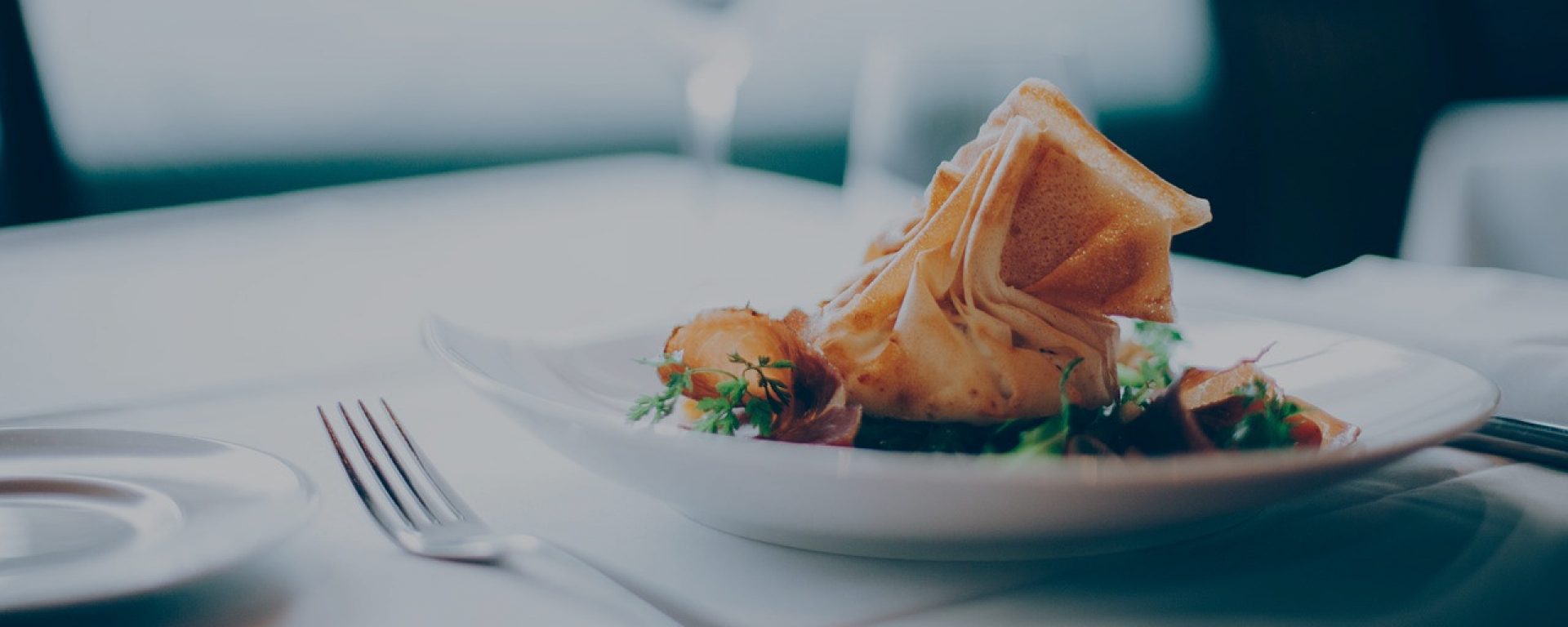Eating and drinking in the mountains are extremely important, especially on multi-day tours. By drinking enough you keep your fluid and energy balance up to standard and you can sustain the effort for longer. Still, enough and the right food and drink for a tough walk is not as easy as it sounds. It is quickly forgotten, the wrong foods can be chosen or you simply have not taken enough. In this weblog do’s and don’ts regarding eating and drinking in the mountains. By the way, are you planning to build your own links to your blog? Visit Buying backlinks for more details.

Do: experiment with nutrition for your mountain adventure
While walking in the Netherlands you can experiment with food and drink. Maybe your body responds better to sports bars than to other types of food, and you may like one taste better than another. Do not underestimate what food and drink do to the body during a (long and hot) exercise. If you have already trained and experienced this in your own country, you will only benefit from it in the mountains. This also applies that it is not wise to choose food in the mountains that your body is not used to.
Don’t: do not eat a heavy meal shortly before / during exercise
A good breakfast is important to lay a solid foundation for your hike in the mountains. Choose a carbohydrate breakfast (oatmeal, muesli, bread, jam), but give yourself the time to let this down. For lunch, resist a nutritious, high-fat meal as it is heavy on the stomach and not easily digested. When you go for a walk, you want your blood to go mainly to your muscles and not to the organs that digest food. Eating incorrectly or too late can quickly cause problems.
Do: eat and drink small amounts
Drink and eat small amounts regularly while walking. This way, the fluid, and energy can be more easily absorbed by the body and you run less risk of abdominal complaints.
Don’t: don’t wait until you get hungry or thirsty
An important rule is not to wait until you get hungry or thirsty. Eat and drink small amounts regularly to avoid dehydration and hunger pangs. When you experience a feeling of hunger or thirst, you are actually already too late. The danger of cramps, headaches, and other physical discomforts is then lurking much sooner.
Do: eat enough carbohydrates
Carbohydrates are the most important source of energy during a hike in the mountains. Fat is too heavy on the stomach and proteins are better taken after a walk. Good, carbohydrate-rich food during a mountain hike includes bananas, gingerbread, muesli bars, and bread with jam.
Don’t: mistake wheat beer for a sports drink
However attractive it may be to order half a liter of wheat beer with lunch, it is not very sensible. White beer may contain good minerals, but liquor removes moisture from the body.
Do: eat what you feel like
If you’ve been walking for hours, you can be fed up with the taste of sports bars, bananas, and other sweets. Your appetite also decreases considerably due to the heat and exercise. It is extremely important to keep eating. Therefore, eat what you feel like after a while. Chocolate, cheese, cold cuts, or nuts also provide a lot of energy and can get you through the last hours.
Don’t: don’t cut back on taking water (and food) with you
Never be too frugal with taking water with you. Running out of water is the last thing you want to experience, as headaches, cramps, and nausea will irrevocably come into play. On a not too hot day, about 1.5 liters should be enough for a 5-hour walk.
Do: make a nutrition plan for multi-day hikes
During a multi-day hut tour, it is even more important to be serious about your diet. After all, you also want to be able to walk comfortably on the last day. Calculate (eg using your sports watch) how much energy you use every day and how much you need to replenish. Drink extra water in the evening to get the moisture balance back in order for the next day.
Don’t: don’t let yourself go with food and liquor at night
After a nice walking day or achieving a certain goal, it is attractive to reward yourself for this. However, be careful with too much food and liquor. Your body is not yet able to process large amounts and liquor hinders the recovery process. Resist the temptation to eat anything loose and stuck, and don’t be too exuberant with liquor.

